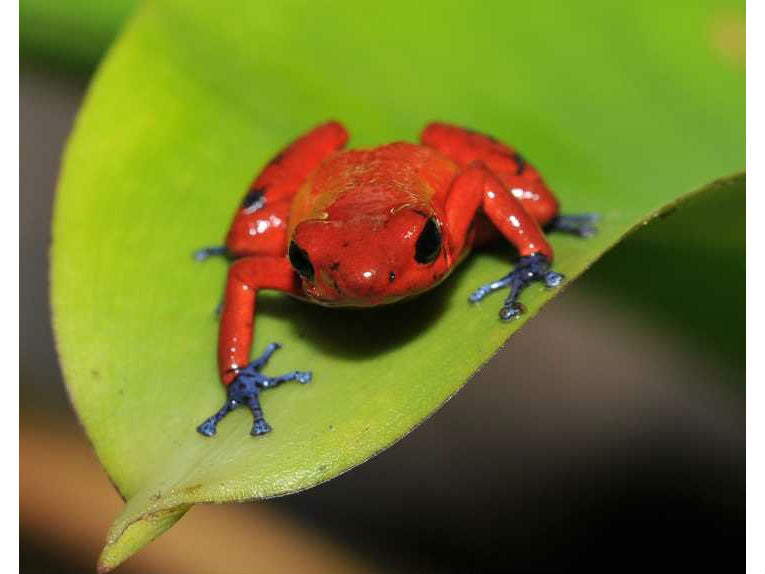Biodiversity is a green buzzword; something that we should work to protect, but, is biodiversity important for human survival? The answer, according to the latest research, is a resounding yes.
The American Journal of Botany devotes its latest issue to biodiversity in an attempt to present a state of the art analysis of the subject.
Bradley Cardinale of the University of Michigan is an ecologist who has specialised in studying the causes and consequences of loss of biodiversity.
He said: ''Nearly every organism on this planet depends on plants for their survival. If species extinction compromises the process by which plants grow, then it degrades one of the key features required to sustain life on Earth.''
Cardinale and his co-authors conducted a meta-analysis of already published studies to try and answer a broad question using some focused research.
''This summary provides unequivocal evidence that declining diversity of plants and algae in the world's ecosystems will decrease the biomass of plants in natural ecosystems, and degrade their ability to use biologically essential nutrients from soil and water,'' Cardinale said. ''Preliminary evidence also suggests that declining diversity may reduce the ability of natural ecosystems to produce oxygen, and to remove carbon dioxide from the atmosphere.''
So, diverse species communities are more efficient, with different plants working like the players in a sports team to become greater than the sum of their parts.
And, the authors are determined that these results should result in some concrete real-world action to avoid terrible damage to the ecosystems on which we depend for our lives.
''Species extinction is happening now, and it's happening quickly. And unfortunately, our resources are limited,'' said Jarrett Byrnes, a co-author of the study. ''This means we're going to have to prioritize our conservation efforts, and to do that, scientists have to start giving us concrete answers about the numbers and types of species that are needed to sustain human life. If we don't produce these estimates quickly, then we risk crossing a threshold that we can't come back from.''
Cardinale added: ''For example, how does biodiversity affect the yield of food crops, the control of pests and disease, the purification of water, or the production of wood, fiber and biofuels?''










